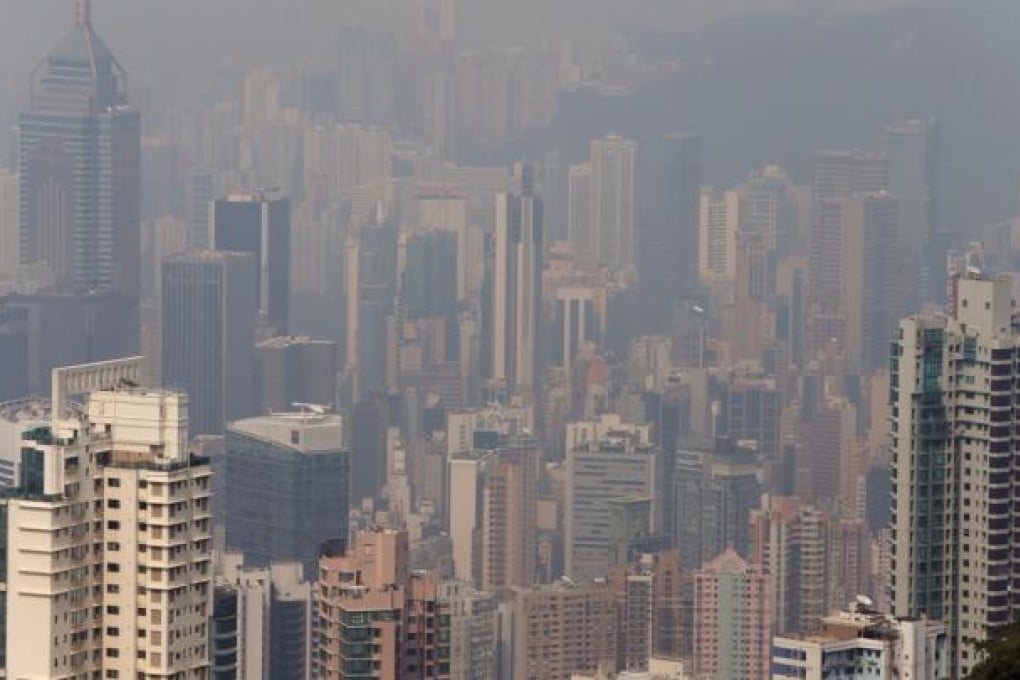Hong Kong hosting Better Air Quality Conference - with a red face
Simon Ng says Hong Kong has reason to be ashamed about hosting the Better Air Quality Conference again, given our poor record on pollution

Almost 10 years ago, in December 2002, a Better Air Quality Conference was held in Hong Kong. It was the first of the conference series, a flagship biennial regional air quality event organised by the Clean Air Initiative for Asian Cities, and Hong Kong was chosen for the inaugural meeting because the city was the leader in air quality management in Asia at that time, especially in vehicle emission controls and technology. In the run-up, two largely successful workshops were held, in 1999 and 2000, by the Environmental Protection Department and Hong Kong Polytechnic University to share Hong Kong's wealth of experience.
Next week, the conference will return to Hong Kong to celebrate its 10th anniversary, with more than 600 participants from more than 35 countries, including experts, practitioners and policymakers in air quality management. Unlike the first conference, however, Hong Kong will be in the undesirable position of being an under-achiever, and serious questions will no doubt be raised about why air quality has worsened over the past 10 years and what it will take for the Hong Kong government to deliver clean air to protect public health.
The Environment Bureau and Environmental Protection Department are getting a rough ride at the moment, on the back of the Audit Commission's recent report highlighting the city's failure to comply even with lax air quality objectives set out 25 years ago. New doubts were therefore raised when the government announced Hong Kong's air pollutant emission reduction targets for 2015 and 2020 last week. How are we going to achieve those targets with the same old solutions? And even if emissions are reduced, will it bring clean and safe air to the people?
One thing's for certain: we must not rely solely on better technology. Hong Kong has taken this path in the past and has failed. If we look around, countries and cities that are doing well are those that have tackled the problem at source. Examples of excellent air quality management in other cities include planning based around people (not cars), energy efficiency schemes, and pricing strategies that influence people's behaviour - for instance by conserving electricity and driving less. The less energy we use, the better the air quality.
Will Hong Kong ever regain its position as a leader in air quality management? In the past, the city has thrived in times of adversity, so the short answer is yes. We have the wealth and expertise to improve, and we need real leadership, vision and commitment to persevere. However, let's not pretend that the Environment Bureau and Environmental Protection Department will deliver clean air by themselves. Policy decisions made by other departments and bureaus are also contributing to air pollution, and so there should be a collective responsibility within government to clean up.
The Environment Bureau and Environmental Protection Department will be sending more than 30 people to the conference. Hong Kong will benefit most from this event if officials from the Transport Department, Planning Department, Health Department and other policy bureaus also attend.